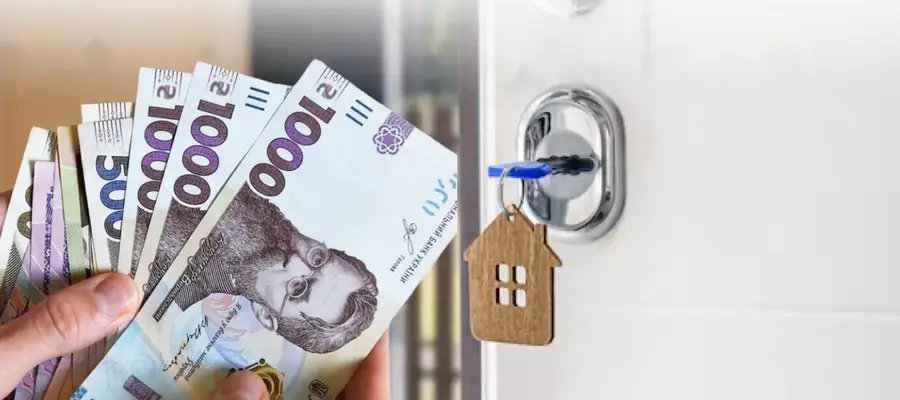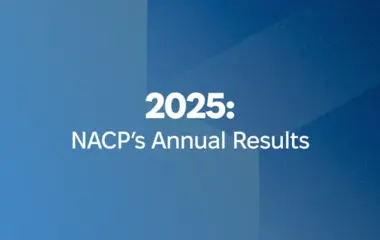The National Agency on Corruption Prevention (NACP) together with the "U-LEAD with Europe" Program presented the results of the research "Strategic analysis of corruption risks in preschool and general secondary education".
The document describes in detail 35 corruption risks in four main processes of general secondary and preschool education management. Such as:
 Charitable funds, non-transparent purchases, "accidental" directors, food, enrollment in schools and kindergartens: NACP explains how to minimize corruption risks in education sphere
Charitable funds, non-transparent purchases, "accidental" directors, food, enrollment in schools and kindergartens: NACP explains how to minimize corruption risks in education sphere
 Charitable funds, non-transparent purchases, "accidental" directors, food, enrollment in schools and kindergartens: NACP explains how to minimize corruption risks in education sphere
Charitable funds, non-transparent purchases, "accidental" directors, food, enrollment in schools and kindergartens: NACP explains how to minimize corruption risks in education sphere
- financing;
- appointment of managers;
- administration;
- educational process.
 Charitable funds, non-transparent purchases, "accidental" directors, food, enrollment in schools and kindergartens: NACP explains how to minimize corruption risks in education sphere
Charitable funds, non-transparent purchases, "accidental" directors, food, enrollment in schools and kindergartens: NACP explains how to minimize corruption risks in education sphere
 Charitable funds, non-transparent purchases, "accidental" directors, food, enrollment in schools and kindergartens: NACP explains how to minimize corruption risks in education sphere
Charitable funds, non-transparent purchases, "accidental" directors, food, enrollment in schools and kindergartens: NACP explains how to minimize corruption risks in education sphere









